May 2022 Updates
-
Lessons learned from a challenging deal...
One of our biggest lessons in a recent transaction is to always have your own representation on apartment blocks. Furthermore, we’ve experienced this on multiple occasions but after some setbacks, we have learned our lesson. If a realtor attempts to rewrite your conditions or terms, refuse, if a realtor wants ambiguous terms and/or conditions without explicitly written and diligent requirements, requests, and outlined conditions, once again, refuse to sign any agreement.
Through this recent transaction, we had a realtor who had verbally made statements and with trust, we confidently took his word. He did not maintain his word and it caused a bunch of challenges and extra headaches and hoops we had to jump through. Thankfully, we managed.
Verify all of the information provided by realtors, including expenses, bills, etc. in this transaction, and also found multiple examples of misrepresentations regarding utilities and rents.
Furthermore, on apartment blocks where there are substantial numbers, capital requirements and therefore risk, we have found through experience limited joint representation has always worked as a realtor representing the seller and not have our own interests as a buyer being maintained. We highly recommend bringing in your own representation, if the listing agent is not willing to pay a portion of his commission to your representation, work out a side deal with your representation and pay them a fee for representing you throughout the transaction.
-
Conclusion On Our Investment Series. How to invest, what to look for, and lastly, protecting yourself.
Investing in real estate can be both and daunting, for that reason, we’re going to highlight some considerations on how to invest, what to look for and additionally, how to protect yourself.
Two ways of investing,
A common way of investing into real estate is known as a debt investor. A debt investor is peer-to-peer lending. Exchanging money for a rate of return. It may be required to be an arms-length relationship (cannot be between family members in certain cases) Can be in the form of cash, HELOCS, RRSPs, etc. Must be completed through a written contract or mortgage instructions with an explicit agreement in place that defines timelines, interest rates, and payment terms. As a debt investor you essentially loan us money for a guaranteed rate, similar to a bank lending you money for a loan or mortgage where you pay them back including interest. This is the same concept here. You loan us the funds to acquire, renovate, manage, build, refinance or sell properties as long term holds, flips or any other one of the strategies we utilize with Arete Holdings. You can choose to either start receiving monthly interest-only payments, or be paid out annually which allows you to re-invest the earnings, at which point the interest would compound on a monthly basis.
A joint venture is a business term that refers to a deal struck between two or more parties to pool resources and accomplish a goal. When that joint venture regards a real estate deal, then it is a real estate joint venture. It’s as simple as that. In our case and structure, the joint venture. You act as the money partner, bringing the funds to complete the project whereas we bring in our experience & performance history to diligently facilitate the acquisition, renovation/construction (if it applies), and refinance/sale. As a joint venture, Arete is acting as the active partner, whereas you’d be acting as the passive investor (providing the funds). In that case, terms are determined on a case by case basis. However, you can expect a certain percentage of shares up to 50% of the project which provides you with equity, cashflow, refinance proceeds, appreciation and any other long-term benefits such as sale proceeds if we sell or at the time of sale, rather.
When looking to invest, you should consider:
Business model
Appetite of risk
Track record of the company
Protecting yourself:
Consider all avenues of protection. The agreements should be favored towards yourself more so than the investor you’re investing with.
Written Contract between yourself and the company.
Mortgage Instructions if invested through a self-directed account
Property Insurance
Contractor insurance
Promissory notes
Personal liability insurance
Personal life insurance policy
Other Assets
